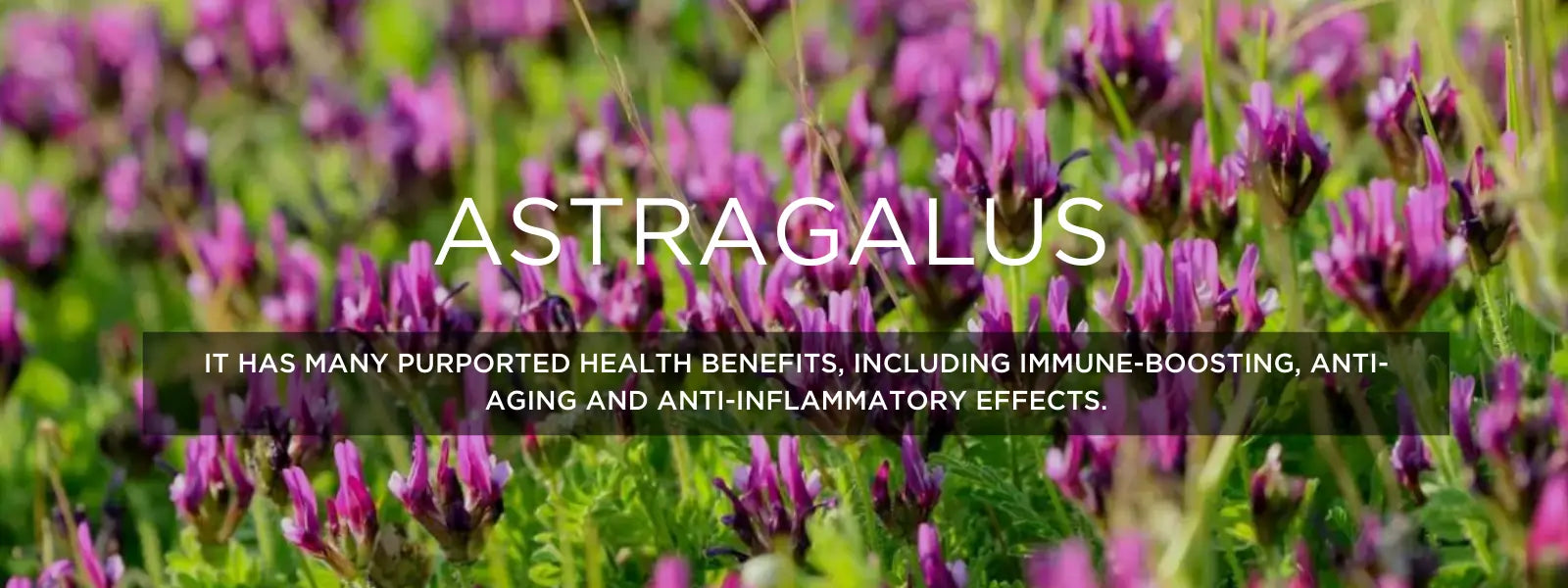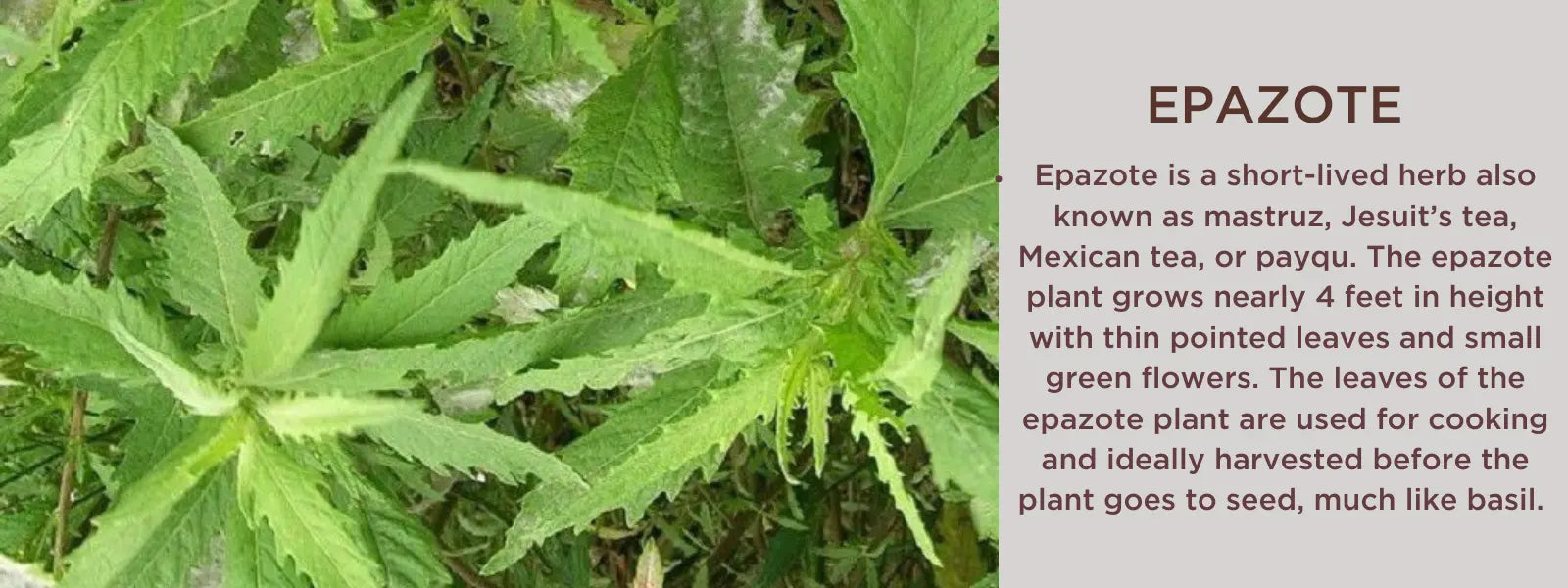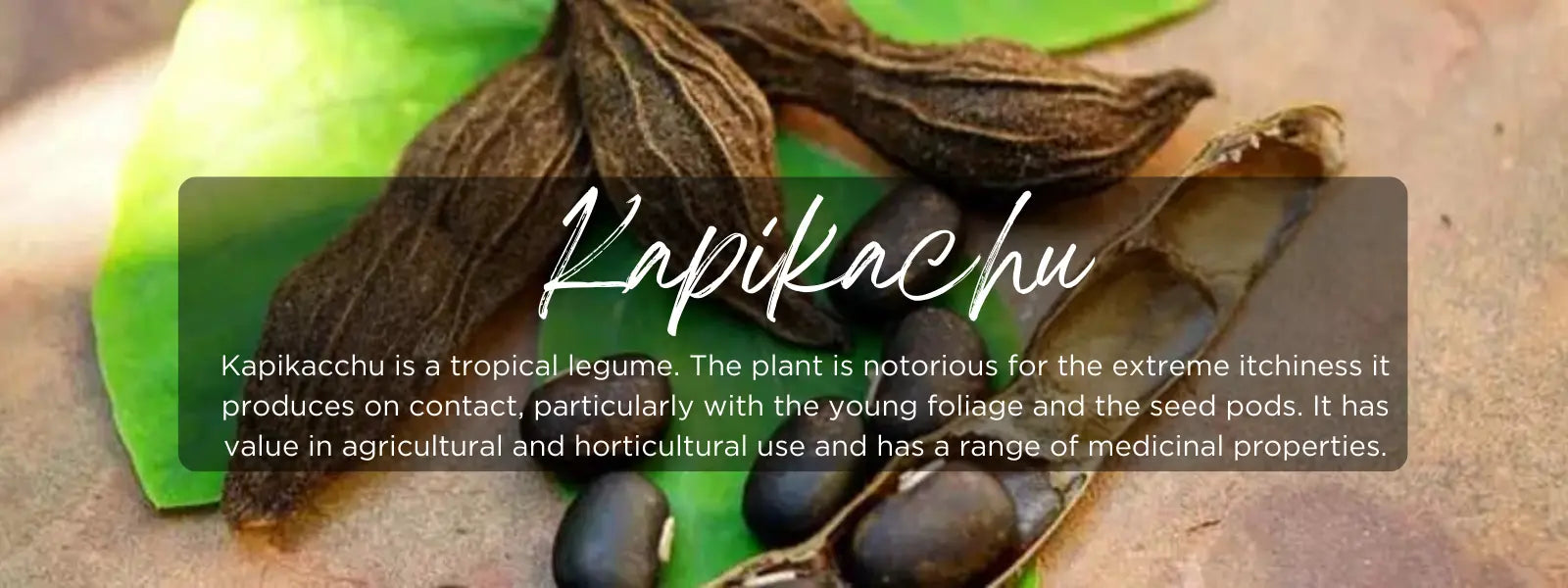Most people are familiar with the name "spearmint," which is officially known as Mentha spicata in botanical terms, but they usually associate it with the flavour of their preferred chewing gum. This kind of mint, though, is much more than that, which is why it has recently drawn so much interest. Although this species of mint is originally indigenous to Europe and Asia, it has recently expanded throughout the rest of the world and is now naturally occurring on all five continents. A herbaceous perennial plant with broad leaves and white or pink blooms, spearmint has a square-shaped stalk. In terms of application, spearmint's value is found in the leaves because they have a high concentration of the flavour and smell as well as many of the active components.
Mentha spicata is used in a broad variety of products, including toothpaste, mouthwash, soaps, and body scrubs, as well as culinary items including drinks, sauces, dips, complete dishes, and even as a garnish. Aside from chewing the leaves directly, spearmint tea and its essential oil are possibly the most effective and straightforward remedies.
What is Mentha spicata?
Mentha spicata, also known as spearmint, is a fragrant herb that is frequently used in both cooking and medicine. The mint family includes spearmint, which gets its name from the form of its leaves (Lamiaceae).
The perennial spearmint plant has the potential to grow and spread rather aggressively given the right conditions. It is indigenous to Asia and Europe.
The flavorful addition of these herb's leaves to beverages, soups, salads, sauces, fruit, vegetables, meat, fish, and other dishes is frequently available in dried or fresh form.
Its essential oil is frequently used as a flavour for candies, lip balm, jellies, toothpaste, and mouthwash. Additionally, it is used to smell household and cosmetic items like candles and lotions.
Health benefits of Mentha spicata or Spearmint:
Mentha spicata has numerous outstanding health advantages, many of which can be enjoyed in any form. Let's examine these potent mint's health advantages in more detail.
- Antimicrobial Power
Although Mentha spicata is most frequently associated with having fresh breath, it also serves other purposes in toothpaste and mouthwashes. Menthol and other chemical compounds in spearmint have natural antibacterial and antimicrobial properties that can help shield your mouth and throat from infections, especially those that could harm your dental and gum health. Additionally, halitosis, which is the medical term for foul breath, is brought on by bacteria behind the gums, thus spearmint keeps you fresh-smelling and healthy.
- Respiratory Health
Due to its naturally calming and anti-inflammatory properties, spearmint tea has a major impact on the health of your respiratory system in the same area of the body. It can ease congestion and irritability by easing sore throats and chest discomfort. According to experts, the potent scent of spearmint can also aid in sinus clearing and even improve brain clarity.
- Supports Digestion
Numerous functions of spearmint in the digestive system include acting as a moderate tonic to calm an upset stomach. It can be used by those with gastrointestinal problems such excessive flatulence, cramps, or bloating. It is popular during pregnancy to avoid morning sickness, nausea, and vomiting. The prevalence of IBS (Irritable Bowel Syndrome) appears to be rising in recent years, and to treat or better control the ailment, spearmint tea or eating spearmint leaves directly are frequently advised.
- Hormonal equilibrium
Spearmint has been demonstrated to help control or treat hormonal imbalances, including polycystic ovarian syndrome and other types of imbalances. Spearmint's potent chemical components have the ability to both inhibit and stimulate the endocrine system in a variety of ways, assisting with hormonal balance and minimising complex metabolic side effects, such as hirsutism, by lowering high testosterone levels in females.
- Improves Circulation
One spearmint serving contains more than 100% of the daily recommended amount of iron, which can promote the formation of haemoglobin and red blood cells. In addition to preventing anaemia, this improves blood flow to the body's extremities, which helps with energy levels and wound healing.
- Heart Wellness
Because potassium is a vasodilator and relieves pressure on blood vessels and arteries, it is essential to maintaining appropriate blood pressure. This reduces the risk of atherosclerosis, strokes, and heart attacks.
- Spiky information Stress Reduction
One of the spearmint's most potent active components, menthol, has a calming, almost sedative impact on the body and is believed to promote a peaceful, relaxed condition. A cup of spearmint tea can help you relax and stop the damaging effects that chronic stress hormones have on your body's systems if you experience chronic stress or anxiety.
- Chronic Illness
The spearmint plant also contains limonene, cineole, pinene, vitamin A, vitamin C, riboflavin, and thiamin, among other chemical components [9]. Spearmint is a potent weapon against chronic diseases, including cancer, which are frequently brought on by free radicals attacking healthy cells. This is because spearmint contains both antioxidant and metabolism-regulating chemicals. These free radicals are neutralised by antioxidants, which also help the body get rid of them.










Leave a comment